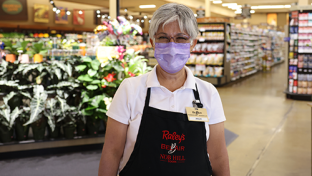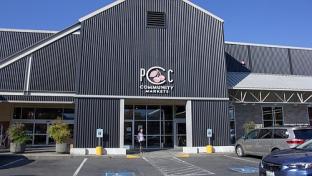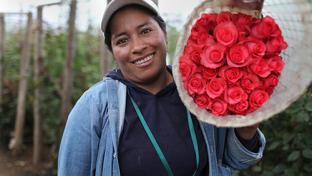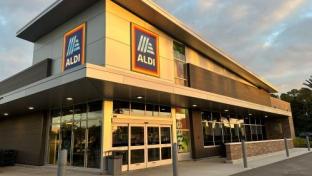PCC Debuts Inclusive Trade Program
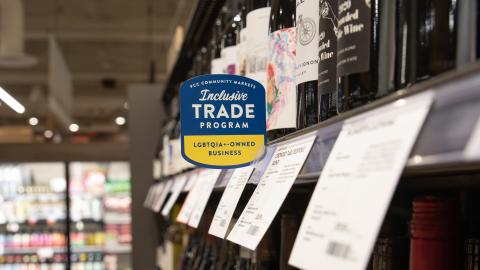
PCC Community Markets is introducing a new trade program created to bolster brands and businesses owned by those who identify as members of communities that are considered historically or currently non-inclusive. These suppliers will be identified and celebrated through the co-op’s in-store and digital experience to provide shoppers with more background and information on product options.
The inclusive trade program aims to recognize suppliers who belong to self-identified categories including Women-Owned, Black, Indigenous, and People of Color (BIPOC) or Person of Color (POC)-Owned; Lesbian, Gay, Bisexual and/or Transgender (LGBTQIA+)-Owned; Veterans and Service-Disabled Veterans-Owned or Persons with Disabilities-Owned. PCC offers another option for suppliers who meet the category requirements to opt into the program without specifying a category.
[Read more: "PCC Reveals Progress on ESG Goals in 2022 ‘Co-op Purposes Report’"]
PCC is the largest co-op in the country to adopt and expand a framework program created by the National Co+op Grocers (NCG) in 2022. “The co-op’s mission is to ensure that good food nourishes the communities we serve while cultivating vibrant local, organic food systems. As PCC enters its 70th year, we acknowledge our role in systemic and historical exclusion of people of color, LGBTQIA+ individuals, women, veterans, persons with disabilities, and others as we begin to help break down those barriers,” said Justine Johnson, PCC’ senior director of merchandising.
According to PCC, vendors who wish to enroll in the program must complete an affidavit verifying that they meet the requirements. To minimize barriers to enrollment, local vendors only need to fill out the checklist, but they do not need to be certified. Non-local suppliers are required to obtain a certification from an agency that certifies businesses as owned by individuals from historically and currently excluded communities.
The new program also builds on PCC’s commitment to its Justice, Equity, Diversity, and Inclusion (JEDI) principles. Earlier this year, the co-op released its first-ever statement of equity and inclusion in a special report.
As it announced the launch, PCC revealed that more than 60 businesses representing over 615 products have opted into the inclusive trade program, with more expected to self-identify as new brands are onboarded.
“PCC has always been committed to inclusiveness, to elevating marginalized communities, and to widening access to sustainably sourced products,” remarked PCC CEO Krish Srinivasan. “While there is a lot that remains to be done, our co-op is deeply committed to forging pathways for a more inclusive marketplace and a more equitable food supply system.”
Celebrating its 70th year in 2023, the Seattle-based community-owned food market PCC Community Markets operates 16 stores in the Puget Sound area, including the cities of Bellevue, Bothell, Burien, Edmonds, Issaquah, Kirkland, Redmond and Seattle. The Seattle stores are in the neighborhoods of Ballard, Central District, Columbia City, Downtown, Fremont, Green Lake, View Ridge and West Seattle. The co-op also plans to open a new store in Madison Valley.


